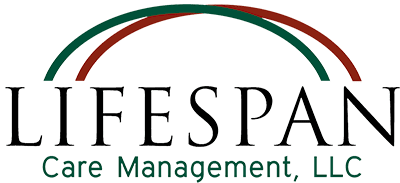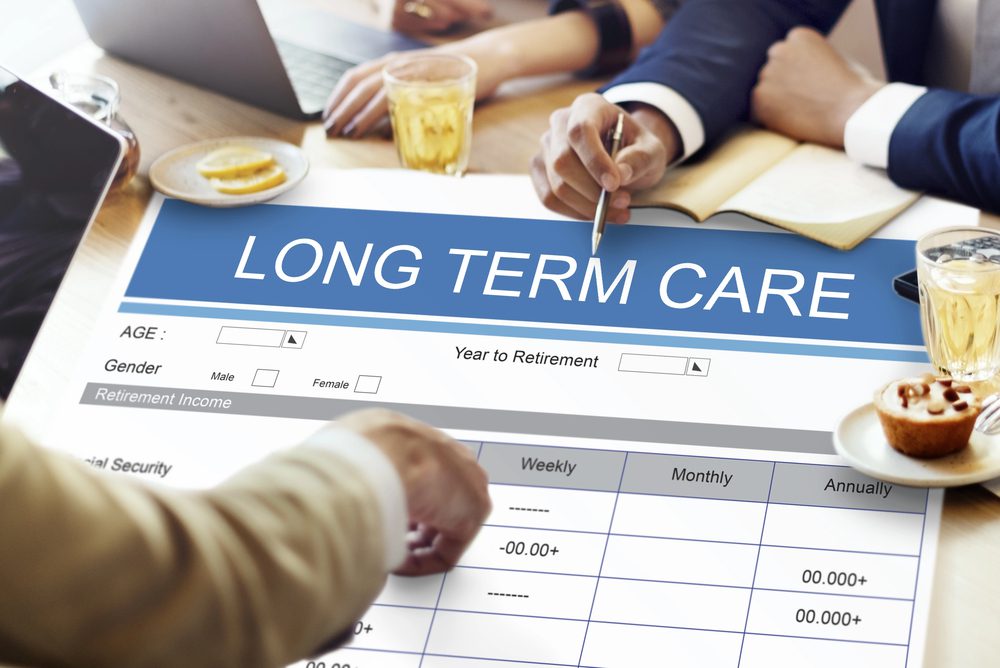Managing Healthcare for Aging Parents: The Role of Elderly Assessments
As our parents age, managing their healthcare becomes increasingly complex and critical. One vital tool in this process is an elderly assessment, a comprehensive evaluation of an older adult’s health status. Let’s discuss what a senior assessment entails, its importance, and how it can help you effectively manage your aging parent’s healthcare.
What is an Elderly Assessment?
An elderly assessment, also known as a geriatric assessment, is a thorough evaluation of an older adult’s health, functioning, and overall well-being. Conducted by healthcare professionals specializing in geriatrics, it involves a multidisciplinary approach to assess various aspects of a senior’s life. Key components of an elderly assessment include:
- Medical History Review: Examination of the patient’s medical history, including past illnesses, surgeries, medications, and family history.
- Physical Examination: Assessment of the patient’s physical health, including mobility, strength, balance, and vital signs.
- Cognitive Evaluation: Testing cognitive functions such as memory, attention, problem-solving, and decision-making abilities.
- Emotional and Psychological Assessment: Evaluation of the patient’s mental health, including screening for depression, anxiety, and other mood disorders.
- Functional Assessment: Determining the patient’s ability to perform daily activities such as bathing, dressing, eating, and managing finances.
- Social and Environmental Review: Assessing the patient’s living situation, social support network, and safety concerns at home.
Importance of Elderly Assessments
Elderly assessments are crucial for several reasons:
- Personalized Care Plans: They provide a comprehensive understanding of the patient’s health status, enabling healthcare providers to create personalized care plans tailored to the individual’s needs.
- Early Detection: They help in the early detection of health issues, including chronic diseases, cognitive decline, and mental health disorders, allowing for timely intervention.
- Improved Quality of Life: By addressing medical, functional, and social needs, these assessments can significantly improve the quality of life for older adults.
- Care Coordination: They facilitate better coordination among healthcare providers, ensuring that all aspects of the patient’s care are aligned and managed effectively.
- Informed Decision-Making: They provide essential information for making informed decisions about treatment options, care settings, and long-term care planning.
Managing an Aging Parent’s Healthcare with an Assessment
Managing the healthcare of aging parents can be challenging, but an elderly assessment provides a valuable tool for effective care management.
Life Span CM can not only provide you with an assessment, we can also aid in managing the healthcare for you. Here’s how to utilize this assessment:
- Develop a Care Plan: Use the information from the assessment to create a detailed care plan that addresses medical, functional, and social needs. This plan should include medication management, therapy schedules, dietary requirements, and any necessary lifestyle changes.
- Coordinate with Healthcare Providers: Ensure that all healthcare providers involved in your parent’s care have access to the assessment results. This facilitates better communication and coordinated care.
- Monitor Progress: Regularly review and update the care plan based on your parent’s progress and any changes in their health status. Continual monitoring helps in adapting to new challenges and maintaining optimal care.
- Engage a Care Manager: Consider hiring a professional care manager who specializes in geriatric care. They can help navigate the healthcare system, coordinate services, and provide support for both the elderly parent and their family.
- Ensure Safety: Use the assessment to identify and address any safety concerns in your parent’s living environment. Make necessary modifications to their home to prevent falls and other accidents.
- Support Emotional and Social Well-Being: Ensure that the care plan includes activities and resources to support your parent’s emotional and social well-being. This might involve connecting them with social groups, counseling services, or community programs.
Get An Elderly Assessment Now
Managing the healthcare of aging parents is a complex and demanding task, but elderly assessments can provide invaluable insights and guidance. These assessments offer a comprehensive understanding of an older adult’s health and help develop personalized care plans that address their unique needs. By leveraging these assessments, families can better manage their aging parents’ healthcare, ensuring they receive the appropriate care and support to maintain their quality of life. With careful planning, coordination, and ongoing monitoring, you can help your aging parents navigate the challenges of aging with dignity and well-being.

